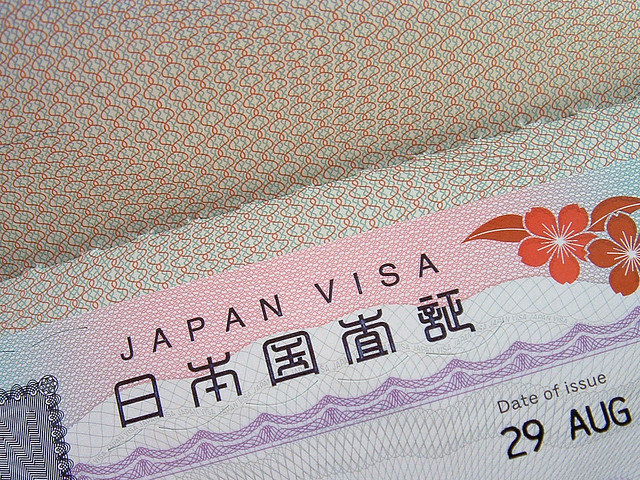The recent confusion with regards to the news that spread online about the supposed lifting of visa requirement for Filipinos traveling to Japan warrants a timely reminder of the country’s official visa requirements. The Japanese Embassy in the Philippines has already clarified that the additional granting of visa exemption is only being offered to nationals of Thailand and Malaysia. However, Japan has opened the multiple-entry visa option to Filipino nationals in time for the�celebration of the 40th Year of ASEAN-Japan Friendship and Cooperation. This privilege is subject to specific requirements.

Visa Requirements for Traveling to Japan
All foreign visitors to Japan are required to have a passport which must remain valid in the entire duration of intended and actual stay. A visa is likewise required except for nationals of countries with which Japan has existing Reciprocal Visa Exemption Arrangements. There are however varying allowable periods depending on the country of origin.
Based on the information provided by the Japan National Tourism Organization, the following countries have existing Reciprocal Visa Exemption Arrangements with Japan:
For a period of 6 months or less
Austria, Germany, Ireland, Liechtenstein, Mexico, Switzerland and United Kingdom (UK citizens only)
For a period of 3 months or less
Argentina, Bahamas, Belgium, Canada, Chile, Costa Rica, Croatia, Cyprus, Denmark, Dominican Rep., El Salvador, Finland, France, Greece, Guatemala, Honduras, Iceland, Israel, Italy, Luxembourg, Macedonia, Malta, Mauritius, Netherlands, Norway, Portugal (except when the passport was originally issued in present or former Portuguese colonies), San Marino, Singapore, Slovenia, Spain, Suriname, Sweden, Tunisia, Turkey, and Uruguay
For a period of 90 days or less
Andorra, Australia, Bulgaria, Czech Rep., Estonia, Hong Kong, Hungary, Latvia, Lithuania, Macau, Monaco, New Zealand, Poland, Rep. of Korea, Romania, Serbia, Slovakia, Taiwan, and U.S.A.
For a period of up to 14 days
Brunei
It has to be noted that nationals of all countries without a similar arrangement with Japan are required to obtain a visa. Visa exemption however will not cover visits to Japan that will involve any remunerative or profit-making purpose. Reasons for visit are limited to activities such as sightseeing, participation in sports activities or educational and business seminars and lectures, visiting relatives ,and other similar activities. The exemption also does not cover purposes related to residing in Japan.
Visa Application
All applicants must apply in person in the Japanese Embassy or consulate in each country. Requirements may vary depending on the purpose of the visit so it is best to check with the same agency. Any extension of stay must be applied with at the nearest immigration authority in Japan.
About the Author:
Teresa is a researcher-writer who covers a wide range of topics in search of useful information to offer to her readers. She currently maintains four personal blogs.